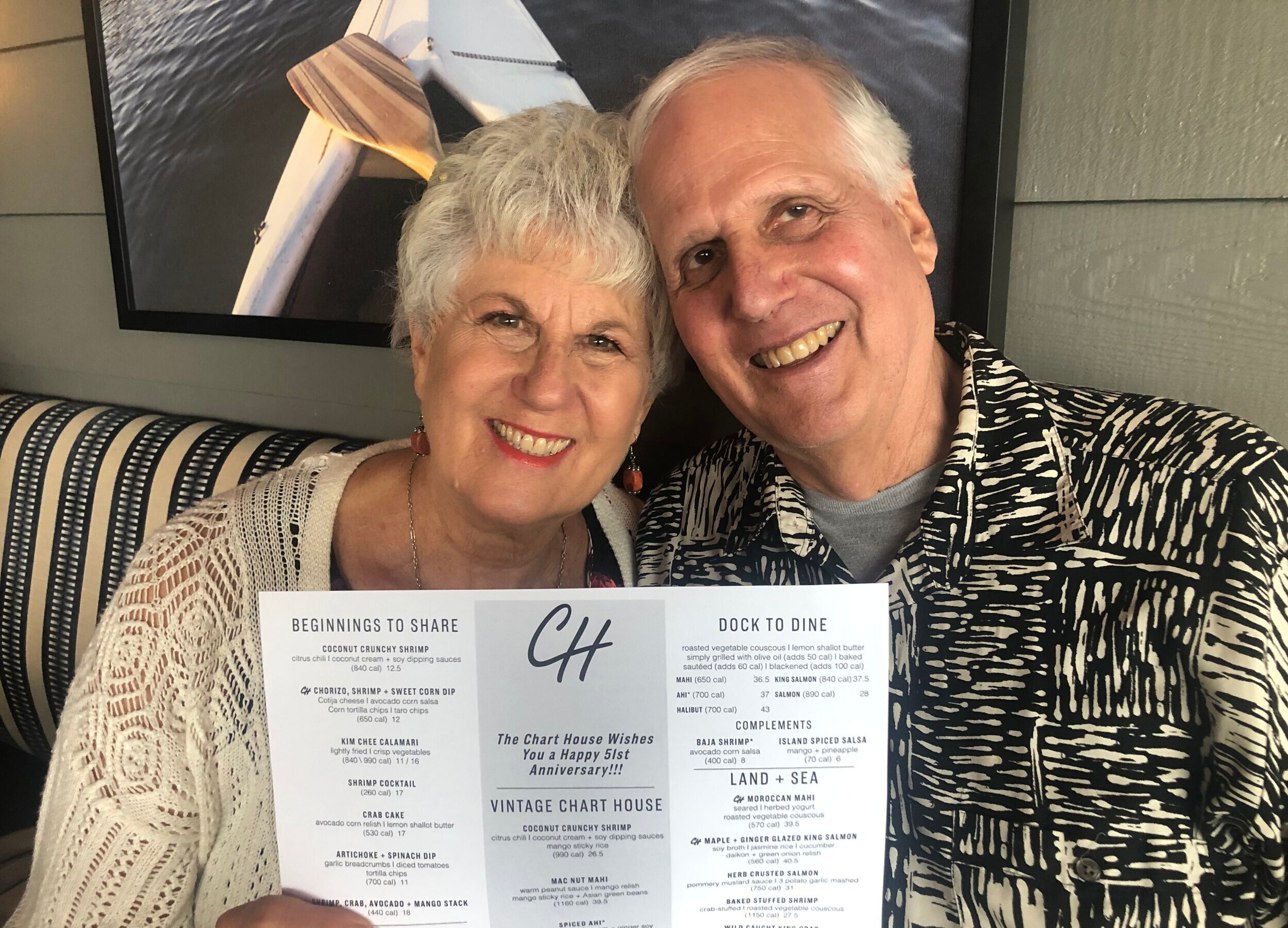June 7th, 2021 marks 51 years of marriage to my truly extraordinary wife Ruth, following 2.5 years of dating. I’m in awe of both the uber-dynamic adventures we’ve shared and how fast the years have flown by! Amidst my cornucopia of memories, I’ll endeavor to hone in on and relate several highlights of our marriage and key lessons that we’ve learned over the decades.
Highlights of Our Marriage
Foremost, raising three loving, well-balanced adult children and currently having three lively and delightful granddaughters
Sharing our priority on psycho-spiritual growth, receiving and facilitating countless trainings, and participating in numerous communities, including intensive spiritual ones
Working together as therapists, coaches, speakers, retreat facilitators, and authors for the past 45 years of our marriage! We co-directed a holistic wellness center, we’ve continually developed and practiced avant-garde methods for decades, and we wrote two of our books together.
After living in several cities, settling into a home we’ve both loved for the past 35+ years
Vacationing and traveling really well together to many U.S. states and in various destinations in Canada, Mexico, Europe, Greece, and Israel
Primary Lessons We’ve Gained
The dramas we played out in our early years together, wild as they often were, didn’t match the power of acquiring solid communication and conflict-resolution skills.
Choosing to grittily work through turbulent and painful periods, including a few times that we came close to separating, has paid ineffable dividends – we have been greatly enriched through our endurance!
The value of balancing personal, couple, and family time amidst the challenges of doing so
Learning to not only tolerate or accept differences in personality and interests, but to actually appreciate many of them
Discerning when to express versus edit upsets, irritations, and feedback to the other is essential for reconciling harmony with assertion and growth.
Rather than wanting to boast, my intention in sharing these bullet points has been to inspire you. I offer you some tasty morsels for personal introspection and to share with your partner. I hope I have accomplished that in this very brief summary of over a half century with my beloved.
Toward deepening and evolving love,
Your relationship coach,
Jim Sharon
(303) 796-7004
jim@energyforlife.us
Jim Sharon, EdD is a licensed psychologist and couples' coach who has over four decades of professional experience serving thousands as a counselor, as a life and relationship coach, and as a seminar and retreat facilitator. Dr. Sharon has authored and edited many professional publications, including, most recently, HeartWise: Deepening and Evolving Love Relationships, published in 2021, as well as Secrets of a Soulful Marriage: Creating and Sustaining a Loving, Sacred Relationship, published in 2014 (both with Ruth Sharon, MS). Jim and Ruth have been married since 1970, have raised three adult children, and have three young granddaughters.








